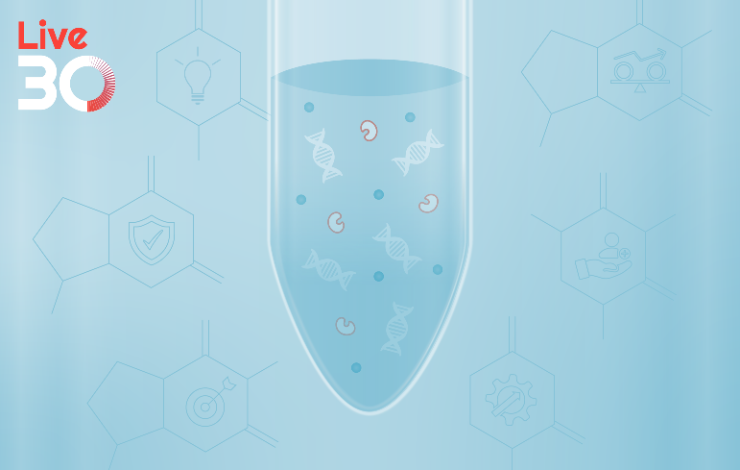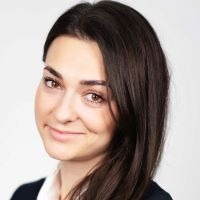Optimizing bioprocess purification: effective nucleic acid removal in high salt environments

As the field of cell and gene therapies rapidly advances, ensuring the purity and safety of biologics is more critical than ever. Regulatory standards set by the US FDA and other global agencies emphasize the need for purification methods that effectively remove host cell nucleic acid impurities, particularly chromatin-associated DNA.
A significant challenge in achieving high purity levels is the disruption of the robust chromatin structure. Traditional methods using salt-inactive endonucleases often struggle to meet the stringent regulatory limit of 10 ng/dose for residual host DNA, especially with DNA fragments smaller than 200 bp. Recent developments of advanced salt-active endonucleases are helping to address these challenges. Saltonase, an advanced salt-active endonuclease, is effective at physiological pH levels and pH 8.5 and above. It maintains stability under challenging conditions, and its robust digestion capabilities makes it highly efficient at removing nucleic acid impurities.
This webinar will explore advancing bioprocess purification workflows using salt-active endonucleases. We will further discuss case studies and applications that highlight the improved purification efficiency and safety achieved using advanced endonuclease technology.
Attend this webinar to:
- Understand the difficulties posed by chromatin-associated DNA in purification processes and why traditional salt-inactive endonucleases often fail to successfully remove host DNA impurities.
- Discover the benefits of a novel salt-active endonuclease that maintains stability and effectiveness across a wide range of pH levels.
- Explore the ways in which advanced endonucleases can be integrated into existing bioprocess workflows to enhance nucleic acid removal.


